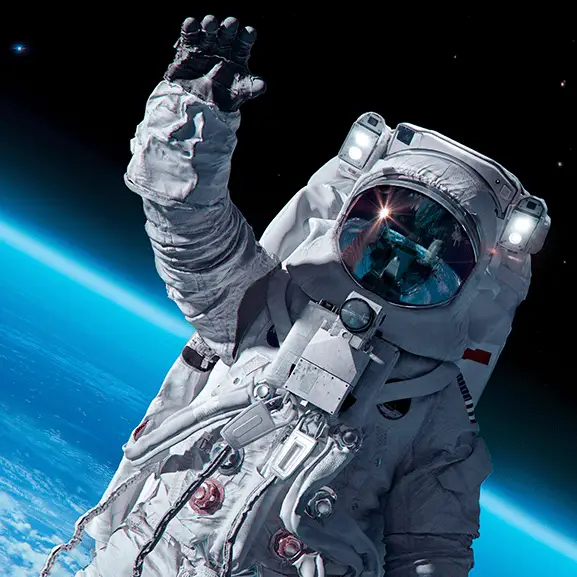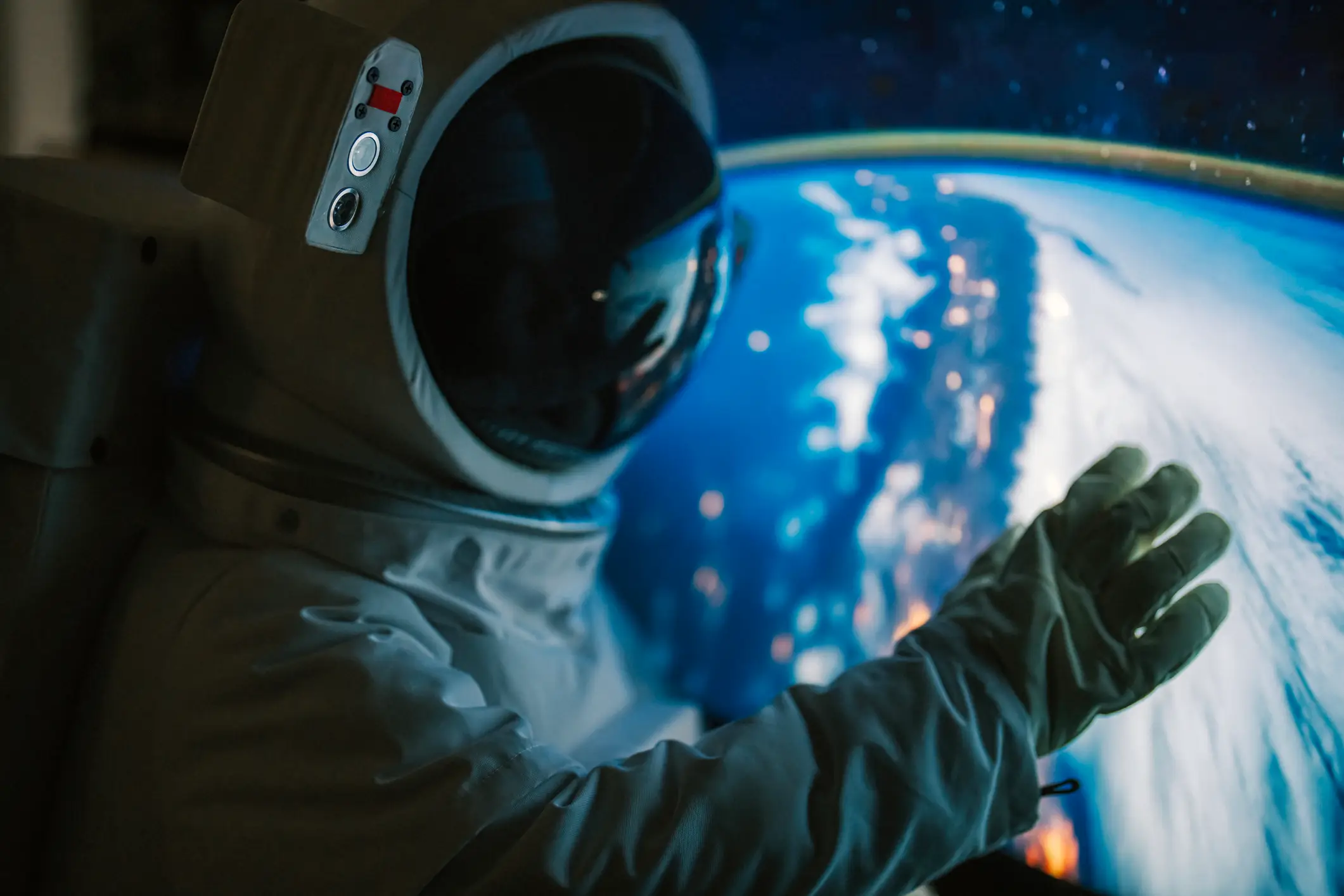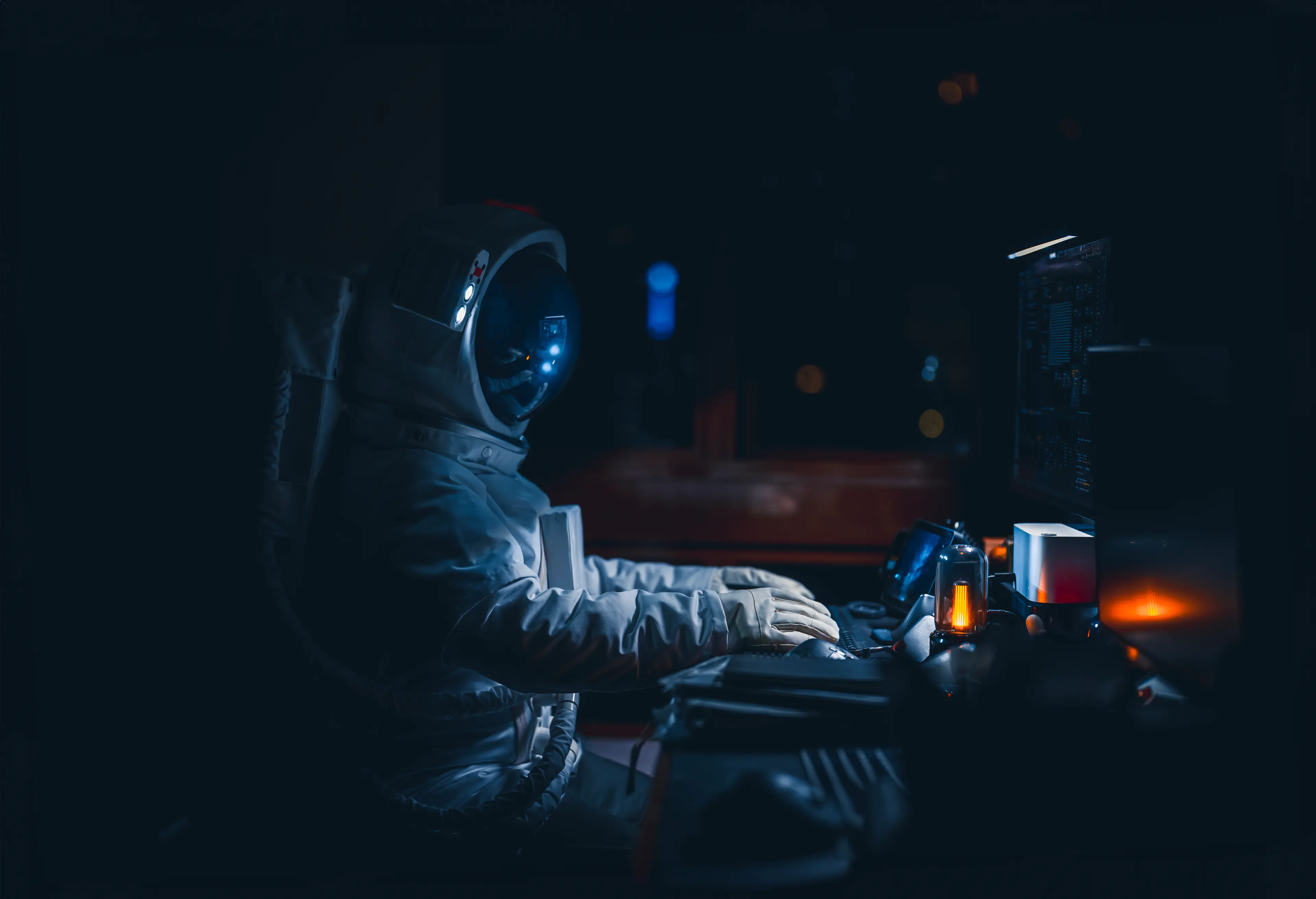
Ask a group of children what they want to be when they grow up, and we pretty much guarantee at least one will say 'astronaut'.
And apart from the dangerous elements of the job, we're sure any parent would be happy with that outcome.
After all, when you think about the amount of training and expertise that you need to become a true astronaut, you'd probably assume that it would come with a high degree of job security and a healthy salary.

Advert
It's a prestigious job, too - it's one of those industries where some of the most famous members become household names, from Buzz Aldrin to Chris Hadfield.
But surprising job listings from both the US and UK show that aspiring astronauts might only earn modest salaries.
According to a UK government website, junior astronauts could be on as little as £40,000 ($50,000) - which really isn't that much more than the median annual UK salary, £34,963 ($44,358) in April 2023.
And the salary for senior astronauts, according to the government site, tops out at around £86,000 ($110,000).
That said, the entry appears to have changed to now list a 'variable' salary, instead, so it's possible these were out-of-date stats that have been taken down.
Plus, there's lots of other factors at play - perhaps astronauts get promoted away from active spacefaring into management or coordination roles that pay more. But if the numbers are correct, it's a lot less than many of us would have assumed astronauts would be taking home.

In the US things are a little better. According to Space.com, civilian astronaut salaries at NASA start at around $81,216 (£64,019), going up to $146,757 (£115,673) for the most experienced astronauts.
That might mean that aspiring astronauts should aim to work in the US if they have a choice - after all, everyone knows NASA's name.
Still, we can't help but feel that these numbers in both countries will surprise most people, especially given how few astronauts there are - and how it's treated like the ultimate rockstar job.
Weirdly, once you're trained up, it's a surprisingly typical one in some ways - you'll work five-day weeks, even if you're literally floating around the International Space Station, with relatively normal hours.
That said, the stress on your body if you're up in zero gravity is considerable, and there's no way to overlook the amount of training you'll have to go through to get started.
With manned missions to the Moon now on the horizon for the first time in years, though, maybe extra interest in the area will push salaries up a little further, to make it even more attractive.